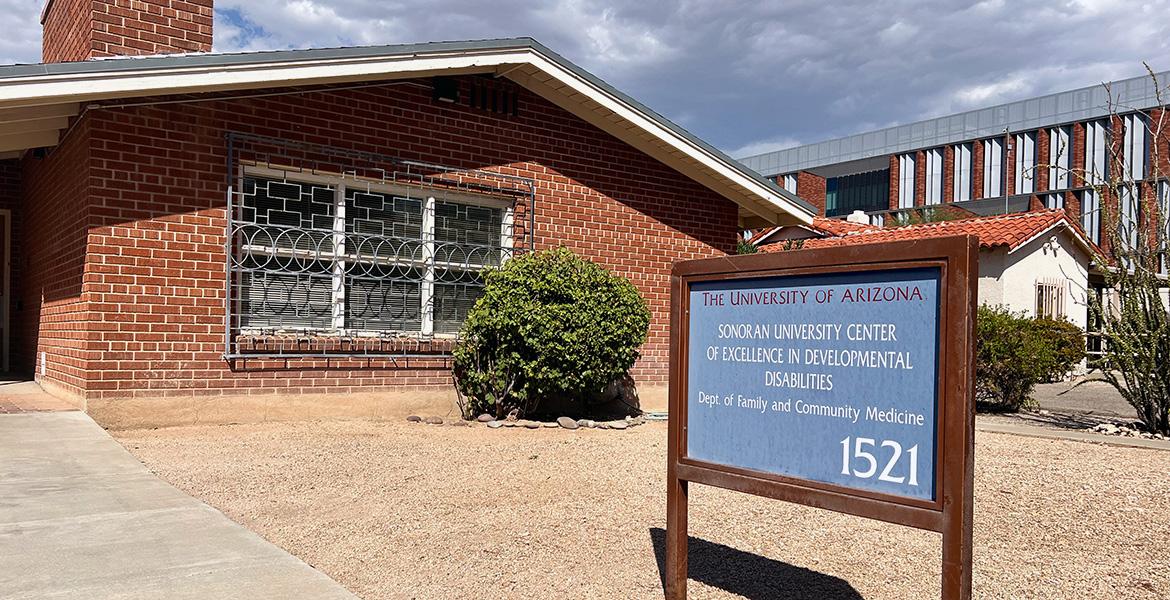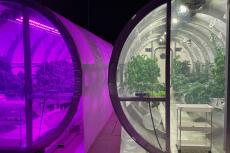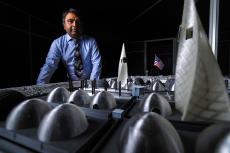ENGAGED receives NSF award to expand employment opportunities for autistic students
Thanks to a $400,000 grant from the National Science Foundation, the College of Engineering expanded its award-winning internship support program for undergraduate autistic students.
Internships Designed with Engineering Autistic Students (IDEAS) in Mind will provide career resources to 45 students and employer training over the next three years. The service is part of the college’s ENGAGED programming, which serves historically underrepresented students in engineering.
It builds on the successes of the EPICS program, which placed two students with internships in 2023 – one at Raytheon and one at Texas Instruments.
Terry Matsunaga, a University of Arizona medical imaging professor and an adjunct biomedical engineering professor, co-founded EPICS in 2022 with David Hahn, the Craig M. Berge Dean of the College of Engineering. Matsunaga saw a need for career support after watching his son’s job search.
“I didn't anticipate how he would have trouble finding employment,” the IDEAS in Mind co-principal investigator said. “I decided that I was going to try my best to fill that void for other parents who are going through the same experience.”
And Matsunaga is not alone. In fact, 85% of people with autism who have college degrees are unemployed or underemployed, according to the Autism Society.
Matsunaga worked in the private sector for 16 years before transitioning to the U of A, and he brought those industry connections to EPICS. For IDEAS in Mind, he will connect engineering companies with the U of A Sonoran Center for Excellence in Disabilities, where the program is co-housed.
Center staff specialize in helping students with disabilities transition from school to the workforce. They assist students by teaching interview skills, promoting integrated work settings and providing workplace support.
Collaboration between the Sonoran Center and ENGAGED ensures the IDEAS in Mind team includes neurodivergent staff – people whose brains work in a unique way compared to societal norms – at all levels, as well as family members of autistic people, guaranteeing the program centers the lived experience of those it aims to support.
The Sonoran Center will also prepare employers with inclusivity training geared toward autistic people. The training addresses accessibility at every step of the hiring process, including applications, interviews, onboarding and day-to-day management.
Industry partners like Raytheon and Texas Instruments have already agreed to collaborate with IDEAS in Mind.
“Disability is not initially thought of when talking about diversity initiatives,” said Jacy Farkas, director of the Sonoran Center and co-PI for IDEAS in MIND.
“It is a huge benefit to not only the bottom line, but the overall work culture.”
Farkas, Matsunaga and director of ENGAGED Noel Hennessey intend for IDEAS in Mind to be more than a great service to students. Its employer training is geared toward systemic change.
“That differentiates the program from just a thing that helps students get jobs,” said Hennessey, the program’s PI. “It also helps employers continuously and sustainably reframe the way that they hire and supervise students to be more broadly accessible.”




